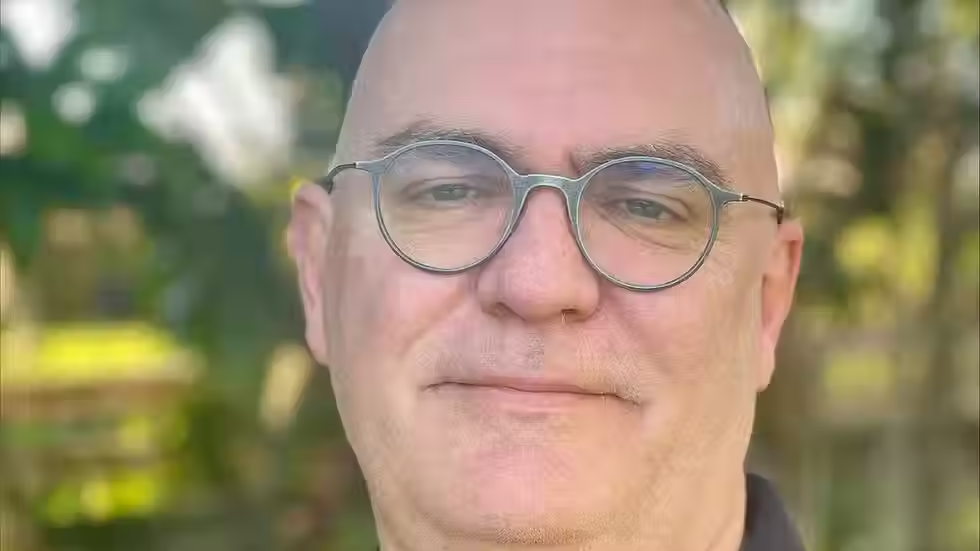Cracking open workshops to the public
- Rodney Joyce
- Oct 2, 2025
- 3 min read
Updated: Oct 2, 2025

The New Zealand Herald has joined the Ombudsman in calling for transparency in council decision making, specifically around workshops. Workshops are unofficial council meetings where staff, the mayor and council discuss an issue without making a decision. Decisions must be made in official meetings that are subject to information disclosure rules and are generally held in public.
The Herald editorial is behind a paywall, but the article that prompted it (about Gisborne) is available here. The Herald argues that holding workshops in the open but not notifying the public that they are happening is not really open at all.
As the Ombudsman rightly said in his report on council workshops: "Trust is at the core of the relationship between the people and their locally elected representatives. One way local government can earn trust is through transparent decision making that is open to public involvement and scrutiny. Transparency supports accountability, encourages high performance and increases public confidence. People may not always agree with council’s decisions but a transparent process allows them to understand a council’s reasoning, and can mitigate any suspicions of impropriety in the decision making process. Even a perception of secrecy can be damaging, as secrecy breeds suspicion."
There is also the small matter that the Local Government Act, in Section 14, requires a council to "conduct its business in an open, transparent, and democratically accountable manner."
I have always been suspicious of workshops. While, in theory, no issues were finalised at them, the end result at some councils has been short meetings with no discussion and quick approval of decisions that have almost been completed behind closed doors.
So, it was interesting to me to enter the workshop system when I was elected to council three years ago. Yes, we had to remind folk a few times in workshops that we were not there to make decisions. It initially caused a bit of confusion when I would ask a question in a workshop and then ask the same question later in an open meeting (to ensure the public heard the answer).
However, as a group (not just me), staff and my fellow elected members are now much more in tune with holding discussions in open meetings, under the much more open chairmanship of Mayor James Denyer.
After a bit of nudging from the Ombudsman, our council now publicly publishes extensive notes from workshops that accurately cover the discussions, but exclude who said what. This is a good compromise as the feedback from elected members was that they wanted the substance made public but they did not want any grandstanding from colleagues making political speeches in workshops. Save those for the following official meeting held in public.
It is interesting that the Herald has argued for the schedule of workshops to be published and for more of them to be open. I pushed unsuccessfully for the public to be notified of upcoming workshops at our council as this would enable people to file official information requests to learn the contents (workshops are not really transparent if the public do not know if they are on). I will push for this again if re-elected.
Open workshops are worth another look but it may be a better option is to just stop holding so many workshops. Workshops are valuable when council is considering something complicated and in depth so elected members can explore the issue and be better prepared for the (generally) public decision-making meeting that follows. But we tend to workshop just about everything.
So we should workshop less, advertise them online in the council's meeting calendar, keep issuing extensive notes and consider opening more of them to the public.
This is a change from where I was three years ago, when I doubted the worth of any workshop. They did not exist when I reported on councils as a journalist in the 1980s and 1990s. However, wise heads that were inside councils in those days point out that while there were not workshops, there were many, many informal discussions in mayoral offices around the country.
So I now believe it is better to have a regulated, restrained system of workshops that are discoverable by the public, rather than secret informal gatherings — which is where things would end up if we went back to the old system.
Beware of anyone promising to end workshops, as these secret informal gatherings is what they are really promoting. We even have one councillor in our midst who publicly decried some workshops as “secret meetings”, but nevertheless regularly turned up to the ones that they chaired. Hypocrisy is alive and well!


Comments